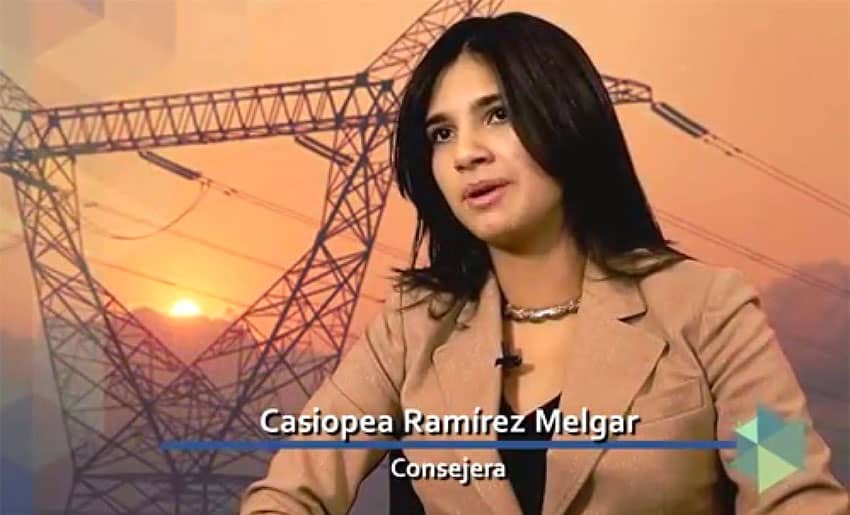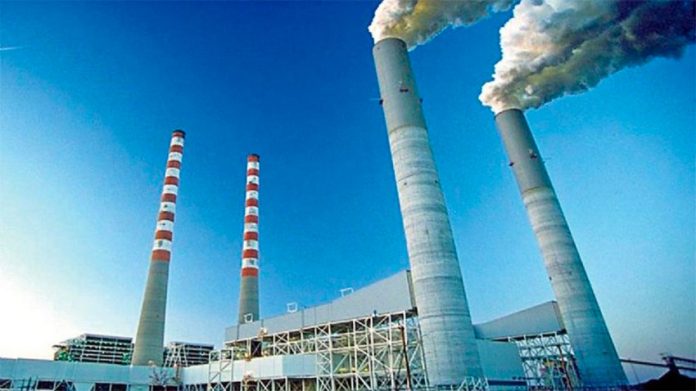A proposed law that would overhaul Mexico’s electricity market to favor the state-owned Federal Electricity Commission (CFE) will scare off foreign and domestic investment, according to analysts who spoke to the newspaper El Financiero.
A reform to the Electricity Industry Law was to be put to a vote in the lower house of Congress on Tuesday.
The bill, which would prioritize the injection of CFE-generated power to the national grid over that generated by private companies, is expected to be approved by Congress because the ruling Morena party leads a coalition with majorities in both houses.
Private companies, which generate cleaner and cheaper power than the CFE, are currently at the front of the queue.
Analysts told El Financiero that the bill, if passed, would eliminate confidence about the prevalence of the rule of law in Mexico. They also criticized the plan to put the CFE in such a privileged position when it has shown that it lacks the resources and capacity to invest in new technology.
Paul Sánchez, an independent energy consultant, said the biggest consequence of the reform will be the stifling of confidence to invest in the electricity sector. The government has already been widely criticized for changing the rules of the game in the energy sector, which was opened up to foreign and private investment by the previous federal government.
“Nobody is going to want to invest in the country while there’s no solid and firm guarantee of the rule of law,” Sánchez said.
He raised concerns about a clause in the proposed law that states that energy storage permits that were obtained fraudulently must be revoked. Sánchez suggested that existing permit-holders could be unfairly stripped of their right to operate energy storage facilities.
“Who is going to determine what is fraud of the law?” he asked.
Verónica Irastorza, director of NERA Economic Consulting, expressed reservations about a clause that states that existing electricity generation and supply contracts between the government and private companies must be reviewed to check their legality and to ensure that they comply with the former’s “profitability requirement.”
The profitability requirement aspect of the clause is unclear, Irastorza said, adding that it “could be subject to arbitrary criteria that could generate a lot of uncertainty.”

She questioned why contracts have to be reviewed when they were “the result of public tenders in which the winners, in theory, offered the best price for the CFE.”
Diana Pineda, partner at law firm González Calvillo, said that some clauses in the proposed law have only served to generate uncertainty when what investors need is long-term confidence.
Casiopea Ramírez, partner at Fresh Energy Consulting, said the government is turning its back on both alternative energy sources and private investment.
“They’re limiting access to cleaner, cheaper and more reliable energy because the diversification of [energy] sources is being avoided, not just in terms of generation but also investment,” she said.
Mexican Banking Association President Luis Niño de Rivera was critical of the plan to prioritize power generated by the CFE, which is heavily dependent on fossil fuels such as natural gas and coal, over renewable energy.
“Unfortunately the intention of this initiative is to first use [the power] that the Federal Electricity Commission generates and not … cheaper energy. … The private sector in Mexico and the whole world are transitioning to renewable energy, wind and solar mainly,” while the CFE is doing the opposite, he told a recent press conference.
Meanwhile, President López Obrador took aim on Monday at Mexican lawyers who are working to defend foreign companies against the impact of the government’s energy sector shake-up.
“[It’s] a disgrace that Mexican lawyers are hired by foreign companies that want to continue looting Mexico. Of course, they’re free [to do so] but hopefully they’ll internalize that it’s treason,” he said.
Speaking at his regular news conference, López Obrador said last week’s natural gas crisis – which caused a major power outage in northern Mexico – served as additional evidence that the state must take the lead in guaranteeing electricity supply.
The wellbeing of the Mexican people cannot be left in the hands of private companies, he said, adding that it’s a fallacy that the free market has the capacity to resolve all problems.
The president accused previous governments of wanting to tear down CFE plants for scrap metal and put the sector in private hands whereas his administration is “rescuing” the state-owned firm.
Source: El Financiero (sp), Milenio (sp)
